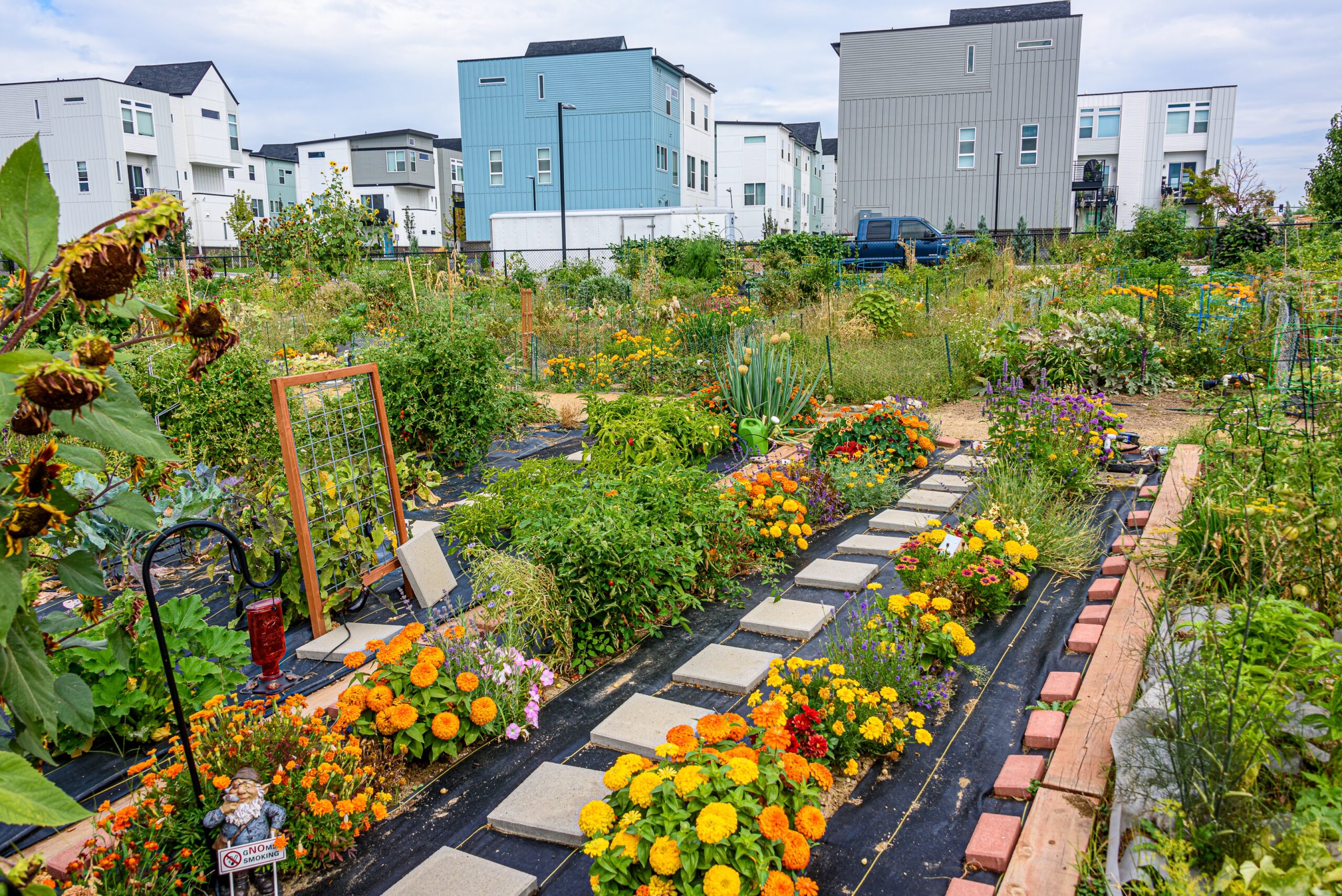
Finding the nearest composting facility in your area that accepts organic waste can be a great way to responsibly dispose of your food scraps and contribute to sustainable practices. These composting facilities are designed to break down organic waste, such as fruit and vegetable peels, coffee grounds, and yard trimmings, into nutrient-rich compost that can be used to enrich soil and support healthy plant growth. By diverting organic waste from landfills, composting facilities play a crucial role in reducing methane emissions and supporting a circular economy.
When looking for a composting facility in your area, it is important to consider the specific requirements and restrictions they may have. Some facilities might only accept certain types of organic waste, while others may have limitations on drop-off times or quantity. It is also worth exploring whether the facility charges a fee for accepting organic waste or if they offer any educational resources on composting. By researching and understanding the options available to you, you can find a composting facility near you that aligns with your needs and contributes to a more sustainable future.
Municipal Waste Management Programs: Explore the waste management programs offered by your local municipality for organic waste disposal.
Municipal waste management programs play a crucial role in ensuring the proper disposal of organic waste in your local area. These programs are designed to help residents and businesses effectively manage their organic waste and promote sustainable waste management practices. By exploring these waste management programs, you can discover the different options available to you for disposing of organic waste in an environmentally friendly way.
One common initiative offered by municipal waste management programs is the collection of organic waste for composting. Many municipalities have designated collection bins or curbside pickups specifically for organic waste, allowing residents to easily dispose of their kitchen scraps, yard trimmings, and other organic materials. These collected organic wastes are then transported to composting facilities, where they are processed and transformed into nutrient-rich compost that can be used in gardens, farms, and landscaping projects. Through these programs, local municipalities aim to divert organic waste from landfills and promote the practice of recycling organic materials to reduce landfill waste and greenhouse gas emissions.
Community Gardens: Find out if there are any community gardens in your vicinity that accept organic waste for composting.
Community gardens are a wonderful way to engage with your local community and contribute to a greener environment. Besides providing a space for people to grow their own fruits, vegetables, and flowers, many community gardens also accept organic waste for composting. By composting organic waste, these gardens can enrich the soil and promote sustainable gardening practices. This not only reduces the amount of waste sent to landfills but also creates nutrient-rich compost that can be used to improve the soil quality in the garden. If you are interested in finding community gardens in your vicinity that accept organic waste for composting, it is worth reaching out to local gardening associations or checking online directories for information on available options.
In addition to supporting the local community and the environment, getting involved in a community garden can also provide numerous other benefits. It offers the opportunity to learn from experienced gardeners, share knowledge and resources, and build connections with like-minded individuals who are passionate about gardening and sustainable living. Furthermore, engaging in community gardening can enhance your own gardening skills and provide a space for relaxation and stress relief. Whether you have a small yard, live in an apartment, or simply want to be part of a community-driven initiative, community gardens offer a unique setting to connect with nature, grow your own food, and contribute to a more sustainable future.
Organic Farming Initiatives: Learn about organic farms or initiatives near you that may welcome organic waste contributions for their composting needs.
One way to contribute to local composting efforts is by connecting with organic farming initiatives in your area. These initiatives often have composting programs in place to manage their organic waste. By supporting these initiatives, you can ensure that your organic waste is being properly composted and used to enrich the soil for organic farming practices.
Many organic farms and initiatives are open to accepting organic waste contributions from the community. They understand the value of composting as a way to reduce waste and promote sustainable agricultural practices. By reaching out to these farms or initiatives, you can inquire about their composting needs and how you can contribute your organic waste. This collaboration not only helps you responsibly dispose of your organic waste but also supports the local organic farming community.
Farmers Markets: Check if local farmers markets have designated areas or programs for collecting organic waste.
Farmers markets are not just a place to buy fresh and locally grown produce, but they can also provide an opportunity for organic waste disposal. Many local farmers markets have designated areas or programs specifically designed for collecting organic waste. These areas or programs aim to promote sustainable practices and reduce waste by diverting organic material from landfills.
If you are a regular visitor to farmers markets, it is worth checking if there is a designated area where you can drop off your organic waste. This could include fruit and vegetable scraps, coffee grounds, or even eggshells. By utilizing these collection points, you can contribute to the local composting efforts and ensure that organic waste is properly disposed of in an environmentally friendly manner.
Sustainable Restaurants: Research environmentally conscious restaurants that may accept organic waste for composting purposes.
If you are looking to dispose of organic waste in an eco-friendly manner, consider reaching out to sustainable restaurants in your area. Many environmentally conscious establishments are taking steps to reduce their carbon footprint and contribute to composting initiatives. By contacting these restaurants, you may find that they have designated programs or collection areas where they accept organic waste for composting purposes. These restaurants often have partnerships with local composting facilities or community gardens, ensuring that your organic waste is put to good use in the production of nutrient-rich compost for gardens and farms.
When researching sustainable restaurants, it is essential to consider their commitment to environmentally friendly practices beyond composting. Look for establishments that prioritize locally sourced ingredients, use sustainable packaging, and minimize food waste. By opting to dine at these restaurants, you can support their efforts in promoting eco-conscious dining practices and contribute to the larger sustainability movement. Additionally, these restaurants often offer a farm-to-table experience, showcasing fresh and seasonal ingredients that are grown locally, reducing the carbon emissions associated with long-distance transportation.
Urban Green Spaces: Investigate if urban green spaces or parks in your city have designated drop-off points for organic waste.
Urban green spaces and parks play a vital role in fostering a sustainable and eco-friendly environment within cities. In addition to providing recreational and aesthetic benefits, these green spaces may also offer designated drop-off points for organic waste. These drop-off points serve as convenient locations where residents can dispose of their organic waste, knowing that it will be properly composted instead of ending up in landfills.
By investigating if urban green spaces or parks in your city have designated drop-off points for organic waste, you can actively participate in promoting a circular economy and reducing organic waste disposal. Whether it’s food scraps, yard trimmings, or other organic materials, these drop-off points offer a convenient and environmentally friendly solution. Not only does composting organic waste help reduce greenhouse gas emissions, but it also produces nutrient-rich compost that can be used to nourish soil in gardens and urban farming initiatives.
Home Composting: Explore the option of composting organic waste at home and learn about the necessary steps and guidelines.
Composting organic waste at home is an environmentally friendly and cost-effective way to manage your kitchen and garden scraps. By diverting this waste from the landfill, you can create nutrient-rich compost that can be used to enrich your soil and enhance plant growth. To get started with home composting, there are a few key steps and guidelines to follow.
Firstly, it’s important to choose a suitable location for your compost pile or bin. Ideally, this should be in a shady spot that is easily accessible for adding and turning the compost. Next, gather a mix of nitrogen-rich “green” materials, such as fruit and vegetable scraps, coffee grounds, and grass clippings, as well as carbon-rich “brown” materials, such as dried leaves, shredded paper, and small branches. Aim for a balance of roughly two parts brown to one part green.
Once you’ve collected your materials, begin layering them in your compost pile or bin. Start with a layer of browns, followed by a layer of greens, and continue layering until you’ve used all your materials. It’s important to keep your compost moist, so water each layer as you go. To speed up the decomposition process, you can also periodically turn or aerate the compost pile. In a few months to a year, depending on the conditions, your compost will transform into dark, crumbly soil-like material that is ready to use in your garden.
Local Waste Collection Centers: Inquire about specific waste collection centers in your area that accept organic waste for proper disposal.
Local waste collection centers play a crucial role in promoting proper disposal of organic waste. These centers are specifically designated to accept and handle organic waste, ensuring that it is disposed of in an environmentally friendly manner. By inquiring about the specific waste collection centers in your area, you can easily find a convenient and responsible solution for getting rid of your organic waste.
When considering local waste collection centers, it is important to verify that they accept organic waste specifically. Not all centers may be equipped to handle organic waste, so it is essential to inquire beforehand. By reaching out to these centers, you can ensure that your organic waste is diverted from the regular waste stream and redirected to a process that promotes composting and resource recovery. So, take the initiative to inquire about these specific waste collection centers in your area to make a positive impact on waste management and sustainability.
Online Platforms and Apps: Look for online platforms or apps that connect individuals or organizations needing organic waste with those willing to accept it for composting.
If you are looking for a convenient and efficient way to connect with individuals or organizations that accept organic waste for composting, online platforms and apps can be a valuable resource. With just a few clicks, you can find platforms that specialize in connecting those who have organic waste with those who can put it to good use. These platforms often provide a user-friendly interface where you can easily search for local options and connect with like-minded individuals or organizations in your area. Whether you have a small amount of organic waste or a large quantity, these online platforms can help you find the right recipient for your compostable materials.
One advantage of utilizing online platforms or apps for organic waste disposal is the ability to connect with a broader network of individuals and organizations dedicated to sustainable practices. These platforms often have a diverse range of participants, including home gardeners, community gardens, urban farms, or even larger-scale composting facilities. By using these platforms, you can tap into a network of individuals who are passionate about composting and reducing food waste. This opens up opportunities for collaboration, knowledge sharing, and even potential partnerships in promoting sustainable practices within your community.

